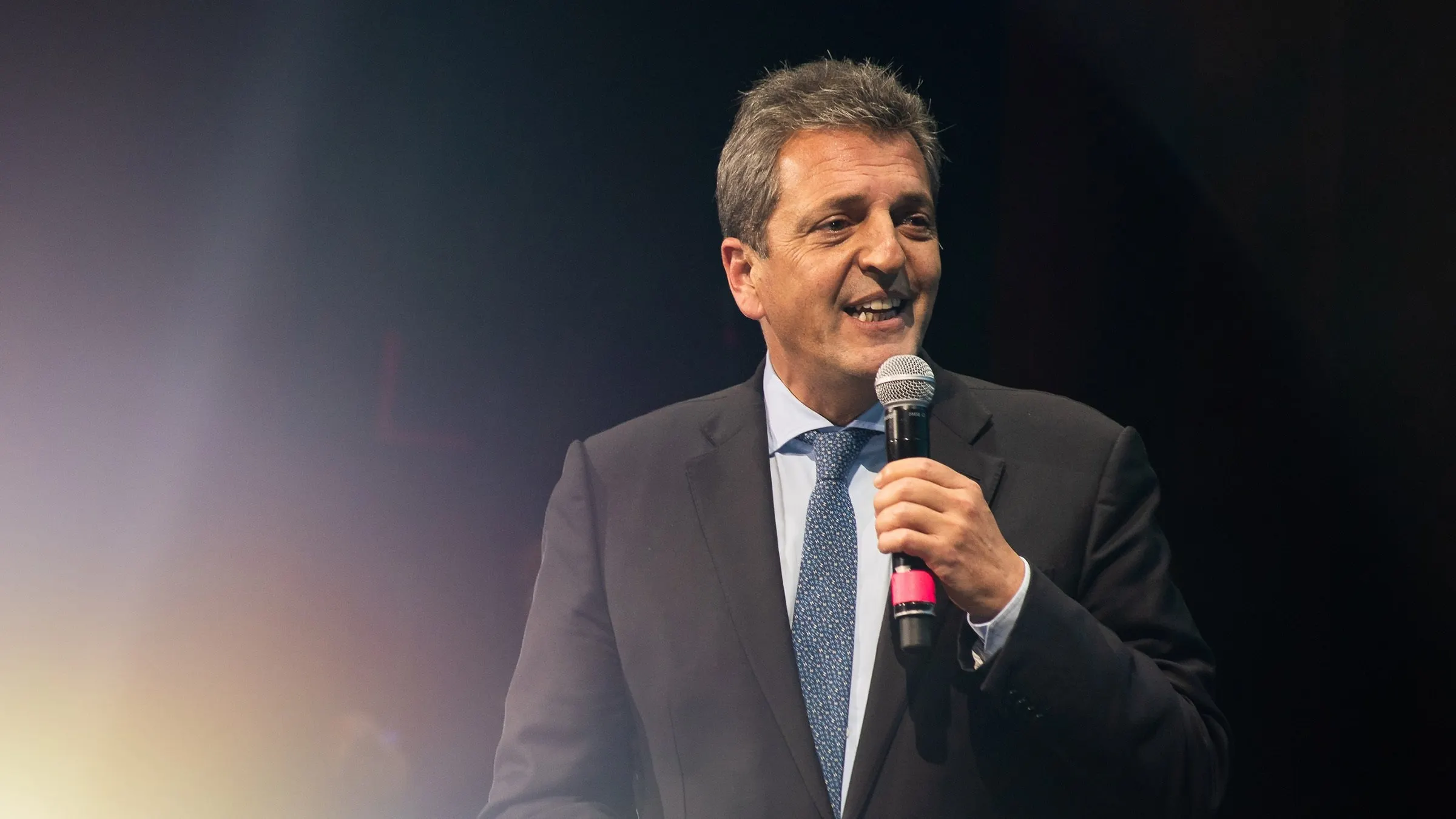In Argentina’s first presidential debate, candidate and current minister of economy Sergio Massa shocked the country when he touted the possibility of a central bank digital currency (CBDC) were he to be elected.
“We are going to set in motion a digital currency for Argentina,” he said in the Sunday debate. “Just like your children propose to trade with their phones or cards in their ‘platform economies,’ we will do it globally for all of Argentina.”
A surprise to many, his comments galvanized opposition among the Bitcoin and crypto community.
Manuel Ferrari, a board member of Bitcoin Argentina, called the proposal a “smoke bomb.” He told Decrypt that Massa probably said it to shift the spotlight away from truly pressing issues in Argentina, a nation ravaged by triple-digit inflation and what Ferrari calls “brutal levels of corruption.”
Ferrari said he was concerned about how the CBDC might be designed, saying “it doesn’t even include a blockchain,” and fearing that it would bring even more economic troubles to the country.
“Argentina has over 50% of its commerce that operates informally and with cash,” he said, explaining that the proposal would “destroy what supports most of our country.”
According to Ferrari, Massa’s idea is probably based only on generating tax revenue—and likely doesn’t even register as an important topic fpr “99% of the population.” He ironically acknowledged one positive note, however: “At least it won’t allow for corruption to take place.”
The candidate for Argentina’s center-left party, Unión por la Patria (“Union for the Homeland”), Massa currently trails libertarian economist Javier Milei in a somewhat controversial campaign. The latter is an eccentric and wild-haired congressman who is known for his staunch anti-central bank stance and pro-private sector money.
Touted as pro-Bitcoin, Milei voiced concerns over Massa’s CBDC idea. On a local radio station, the right-wing candidate called it an “extremely dangerous tool,” and echoed Ferrari’s sentiment regarding taxes.
“It will be a mechanism through which the government will put its hand in your pocket,” he said.
In a surprising victory, Milei and his party La Libertad Avanza (“Liberty Advances”) earned the top spot in Argentina’s primaries, held in August. As of writing, the candidate continues to lead the race, with Patricia Bullrich of center-right coalition Juntos por el Cambio (“Together for Change”) in third place.
Adam Dubove, a political theorist who has been on a plethora of talk shows discussing the country’s political and economic scenarios, said Massa’s CBDC is likely a campaign slogan more than a realistic proposal.
Joining Ferrari on Spanish economic news outlet Negocios TV to discuss Massa’s idea, Dubove later told Decrypt and explained that “if we look at CBDCs around the world, none have taken less than five years to develop and launch.”
There’s “zero chance” Massa’s government could pull it off, he concluded.

